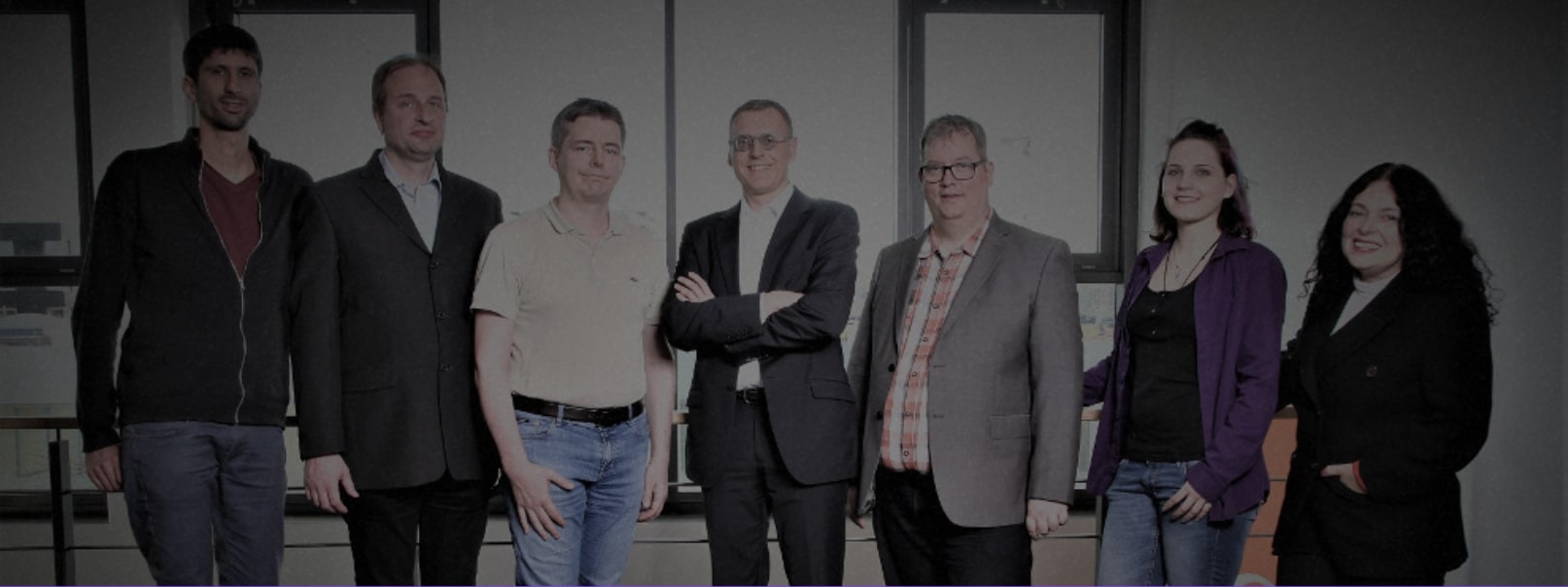

At nextnano, we are a premier software company committed to advancing nanotechnology through innovative solutions. Our state-of-the-art simulation tools cater to electronic and optoelectronic semiconductor nanodevices, empowering researchers and engineers worldwide. With over 350 customers in 36 countries, including universities, government research institutes, and semiconductor companies, we drive innovation and ensure customer satisfaction across industries.
To establish the nextnano software as the de-facto standard simulation for exploring quantum effects in semiconductors. We strive to provide our customers with the most accurate and reliable simulation tools, backed by exceptional customer support and service.
To lead the forefront of nanoscale science and technology, driving transformative innovation for a sustainable future. By continuously pushing the boundaries of nanoscale science and technology, and by listening to our customers' needs, we are committed to fulfilling our mission and achieving our vision for a better tomorrow.
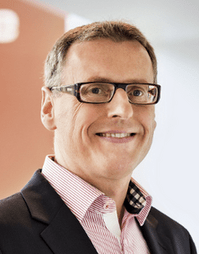
I am Stefan Birner, the founder and managing director of nextnano GmbH.
The nextnano software originated from an idea around the year 2000 at the Walter Schottky Institute of the Technische Universität München, aiming to develop a highly versatile software for the three-dimensional modeling of quantum effects in semiconductor heterostructures. The software was developed within the Theoretical Semiconductor Physics group led by Professor Peter Vogl.
Motivated by our successful participation in the Munich Business Plan Competition, as well as the entrepreneurial education I received during my PhD studies at UnternehmerTUM, I decided to establish a company to commercialize this software. Upon completing my PhD and with the retirement of my professor, I realized this idea in 2012.
nextnano has evolved through the collective feedback from hundreds of passionate users seeking to understand the physics within their semiconductor nanostructures. I was overwhelmed by the positive feedback from our users.
Since 2012, we have continuously supported researchers at universities, government research institutions, and companies of all sizes worldwide. We are committed to empowering both PhD students and learning professionals to achieve more with our software. Join us on this journey of studying quantum effects in semiconductor nanodevices.
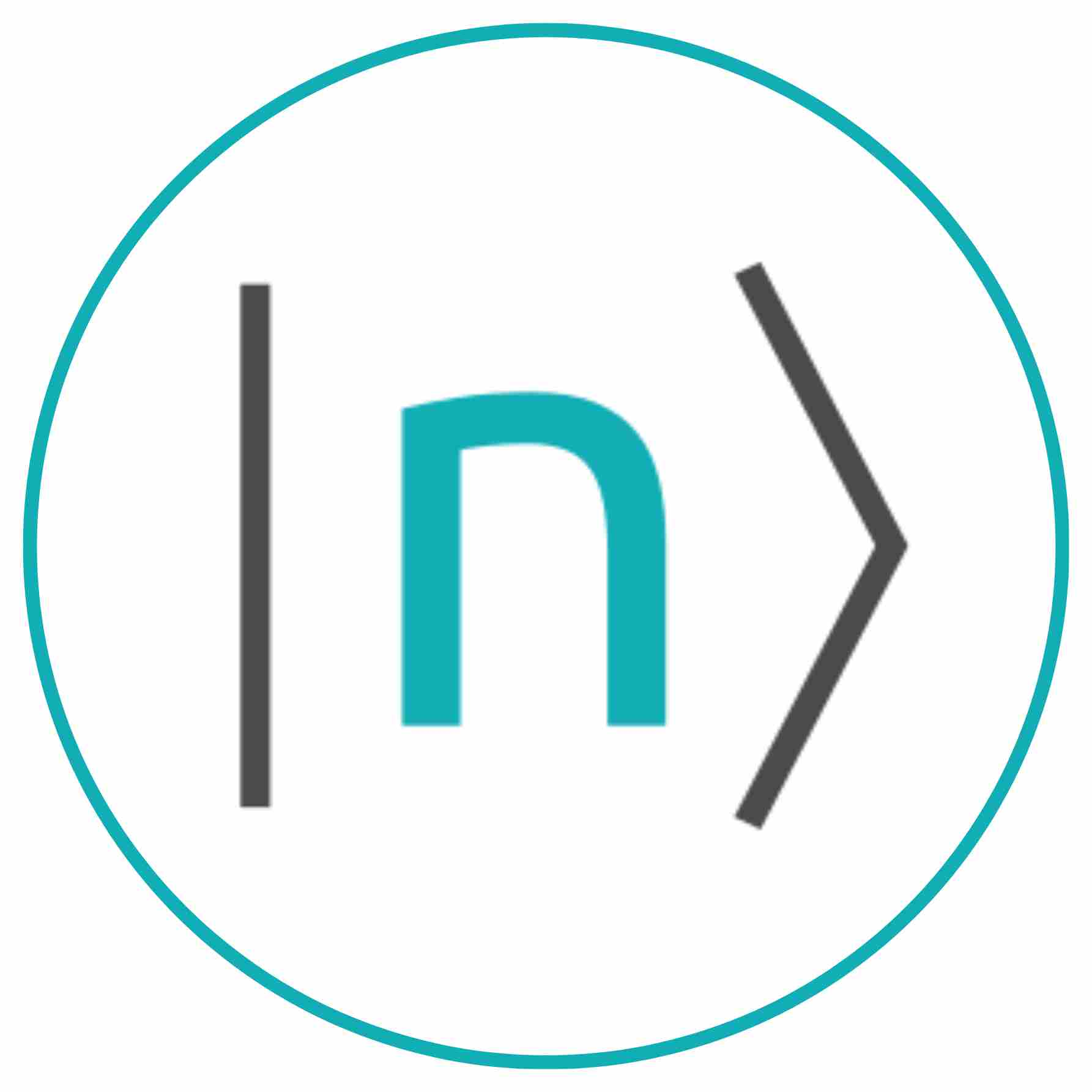
Our logo represents the quantum state n in the ket notation which is used by physicists to describe quantum mechanics in mathematical language (a complex vector in Linear Algebra). nextnano has been derived from the idea to develop a “next generation 3D nanodevice simulator” (nextnano³), a simulator for modeling the next generation of tiny semiconductor devices exploiting quantum effects.
We embrace innovation, challenging conventions to drive progress. Our investment in research and development fosters a culture of creativity among our employees. By staying at the forefront of technology, we deliver the best results to our customers.
Recognizing the reliance our customers place on us, we collaborate with global scientific communities to refine our software continually. Our commitment to precision ensures consistently accurate simulations that meet the highest standards of reliability.
We prioritize comprehending our customers' distinct needs and deliver exceptional service with prompt support. Dedicated to ongoing enhancement, we refine our software and services to more effectively meet the evolving demands of our clientele.
We are a well-established team committed to providing accurate and efficient simulation software for electronic and optoelectronic semiconductor devices. Our team is made up of experts in semiconductor physics and computer science who are dedicated to developing advanced simulation software tools for the semiconductor industry.
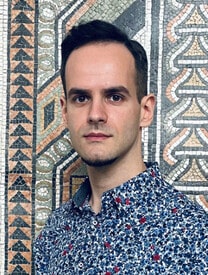
Product Manager
Team Leader EU project CHIPS of Europe
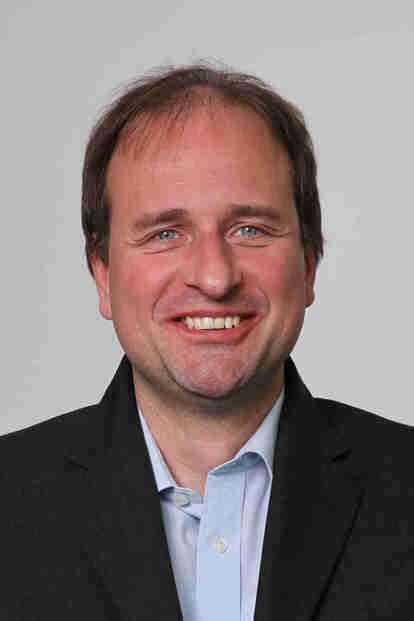
Research Scientist
Developer of nextnano++
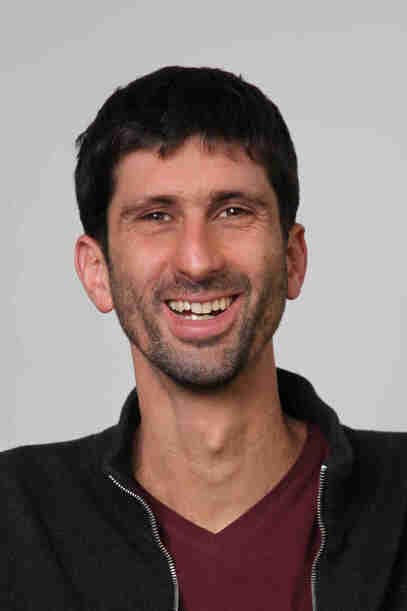
Founder & Président of nextnano Lab
Director of R&D at nextnano Lab
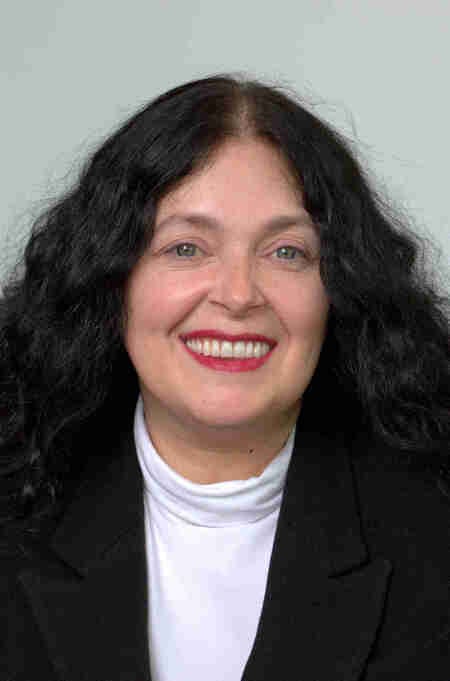
Research & Development Engineer
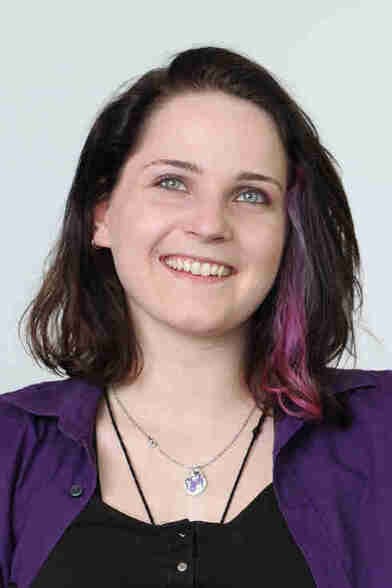
Full Stack Developer
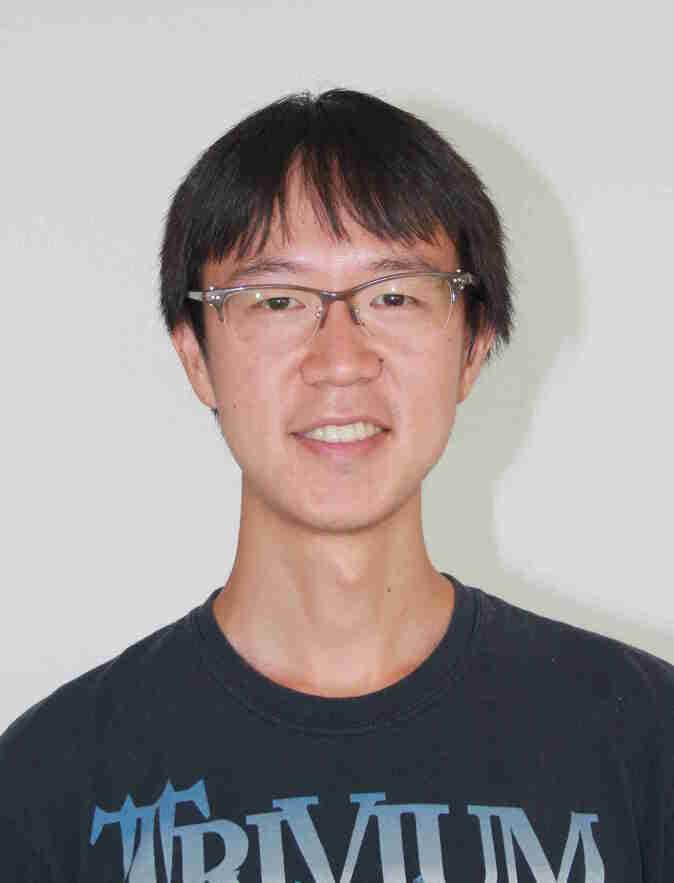
Research & Development Engineer
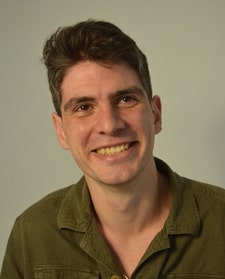
Research & Development Engineer
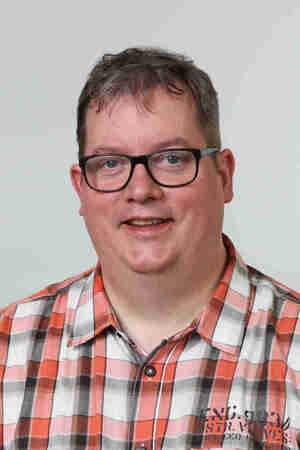
Software Developer
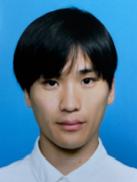
Research & Development Intern

Due to our growing reputation in the field of nanoelectronics, nextnano participates in the new EU project “CHIPS of Europe”, focusing on educating students with the required semiconductor skills in the context of the European Chips Act.
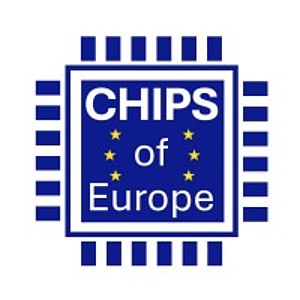
To contribute to research in quantum optoelectronic devices, nextnano received a ZIM Feasibility Study grant from the Federal Ministry for Economic Affairs and Climate Action (BMWK): “EnQuTech - SIMUVLED / Quantum Mechanical Simulation of UVC LEDs and Lasers”.
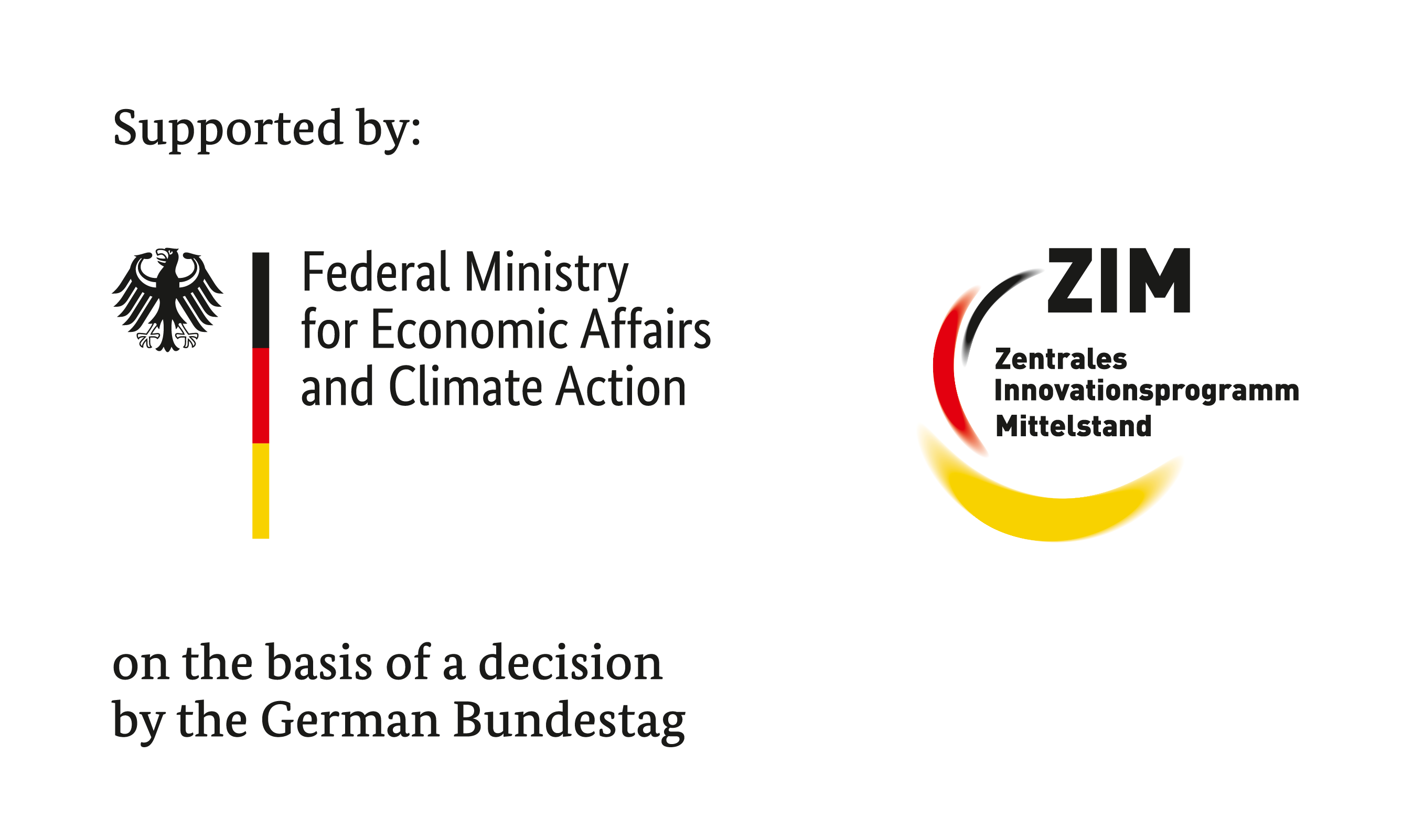
nextnano celebrates its 10th anniversary since its founding in Munich, Germany. To mark the occasion, the company hosts a dinner that brings together past and present employees to celebrate its growth and achievements over the past decade.
The company expresses its gratitude to its customers, partners, and employees for their support and contributions over the years.
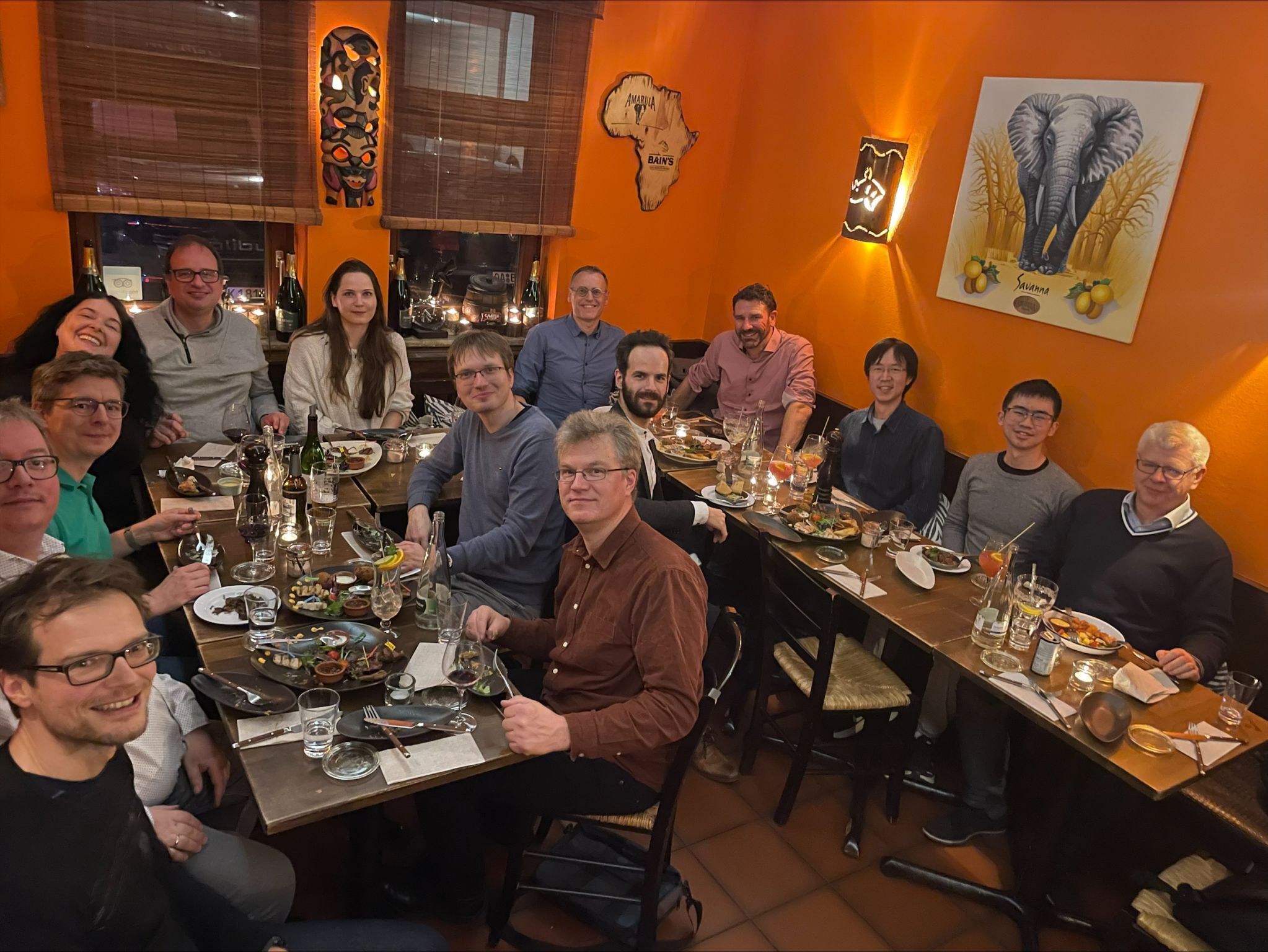
nextnano strengthens its research capabilities by establishing nextnano Lab SAS in Grenoble, France, reaffirming its commitment to provide cutting-edge simulation software to customers around the world.

nextnano established nextnano holding GmbH to support its operations and strategic objectives.
We obtained our fourth EU project, SIPHO-G, focusing on R&D of SiGe QCSE electroabsorption modulators.
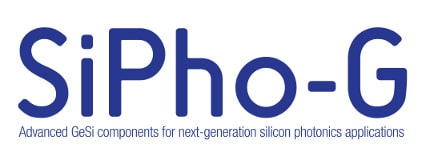
Learn more about SiPho-G
To accommodate the growth of the company, nextnano moves to a new office in Riem Wappenhalle, a modern facility designed to support the innovative work of its team.
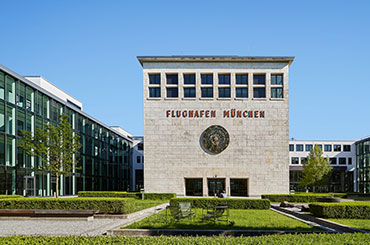
With a growing reputation in the field of nanotechnology research, nextnano participates in two additional EU projects: UltraFastNano, focusing on Flying Electron Qubits, and QUANTIMONY, focusing on ICLs, showcasing the software’s broad applications across various fields of research.

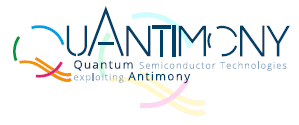
Learn more about UltraFastNano and QUANTIMONY
nextnano contributes to its first EU project, FLASH, focused on SiGe THz QCLs, demonstrating its capabilities as a reliable partner in innovative research.

Learn more about FLASH
nextnano relocates to the Garchinger Technologie- und Gründerzentrum (gate) in Garching b. München, a vibrant and collaborative working environment for start-ups located on the campus of the Technische Universität München to further enhance the development of the software.
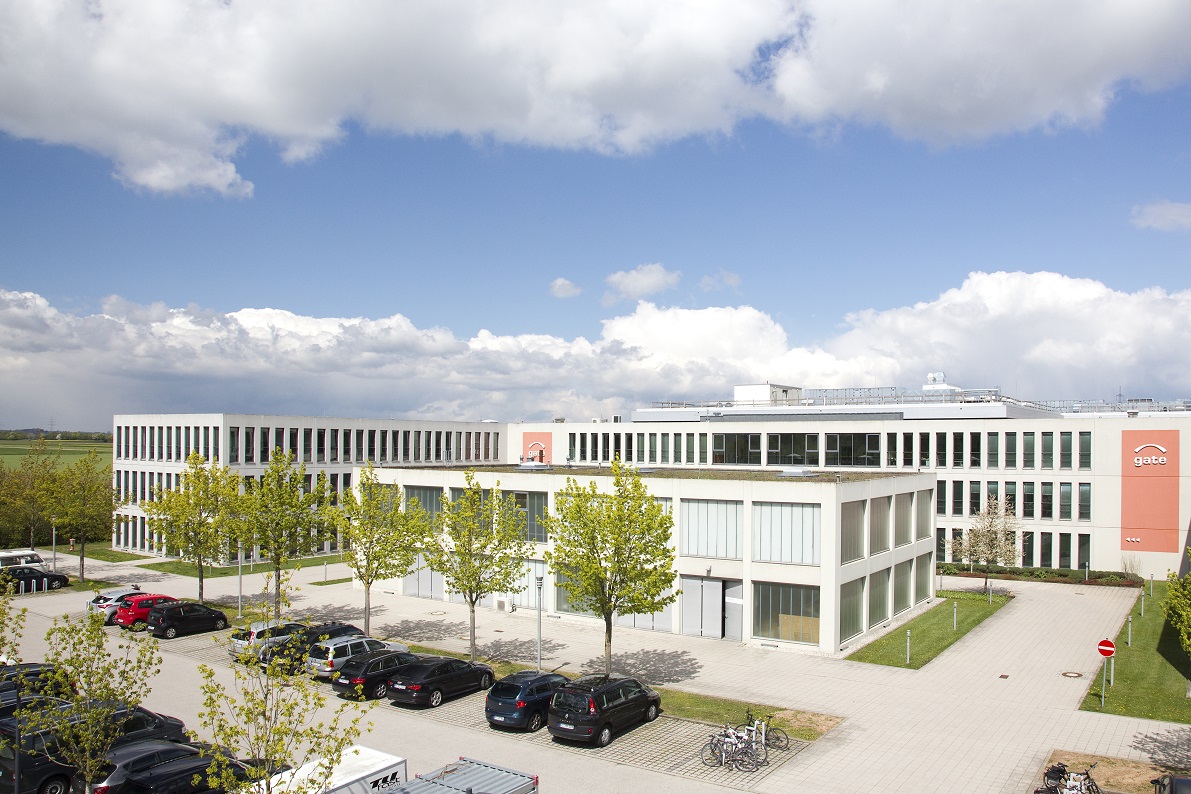
Founding of nextnano in Poing, Germany, as a spin-off from the Technical University of Munich, with a vision to develop cutting-edge simulation software for nanotechnology research.
